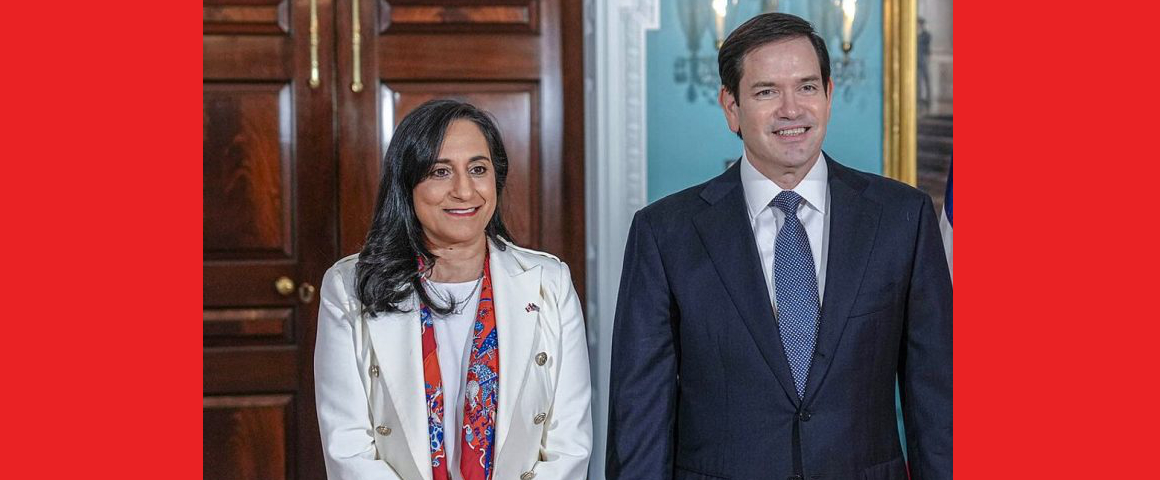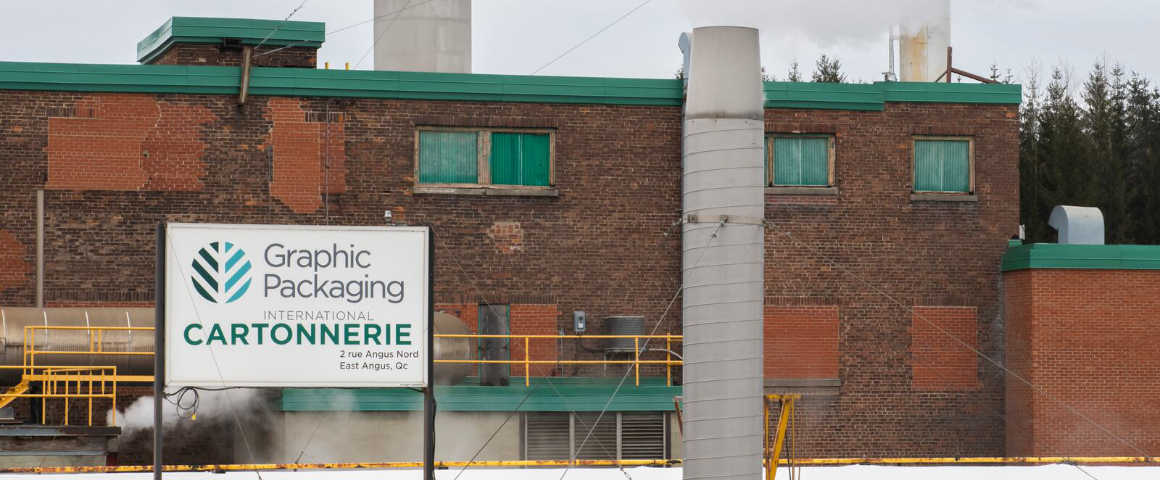By Alex Scherger
A bold but frankly unsurprising statement opposing bike lanes, made by Ontario Premier Doug Ford to the Empire Club of Canada, left many advocates of biking, transit and urban development shaking their heads in dismay on October 18.
“Bringing sanity back to bike lane decisions,” the premier declared while proposing the removal and replacement of bike lanes on primary roads, presumably to mitigate traffic congestion (to the extent of whatever facade an extra road lane for hundreds to thousands of cars can provide.)
It’s a brief band-aid solution that will soon get over-congested due to induced demand. One additional lane for motorists will become packed full of vehicles assuming the congestion has been solved, and the problem will be back at square one – all the while reducing safe lanes for cyclists.
Conversely, induced demand also would have the same impact if more and safer biking infrastructure were introduced, as more road users would opt for cycling. Some of the targeted bike lanes include those that Ford’s own government installed in the first place.
Province overrules municipalities
Ford has proposed legislation that would effectively remove bike lanes from a municipality’s jurisdiction and instead require provincial approval before constructing new lanes. Criteria used in determining the viability of new lanes has not been established and this ambiguity will allow the provincial government to make arbitrary decisions at its own whim while ignoring evidenced-based planning and implementation of urban development.
These actions interestingly contradict the strong mayor powers the province granted while Conservative John Tory was Toronto’s mayor. This overruling of municipal democracy could be a sign of future moves by the Ford government to undermine local municipalities. Current Toronto mayor Olivia Chow remains adamant that the province is taking too general of an approach and hopes for a compromise to appease all concerned stakeholders. A “build it and they will come” approach is perhaps better here than trying to play favour to every viewpoint – local bicycle sharing service Bike Share Toronto has grown every year and in 2023 saw an increase of 24 percent to 5.7 million rides.
Kitchener mayor Berry Vrbanovic and Waterloo mayor Dorothy McCabe have also expressed confusion over the senseless announcements and overreach from the province in municipal affairs. Vrbanovic refuted Transportation Minister Prabmeet Sarkaria’s claims that bike lanes in downtown Kitchener caused congestion impeding emergency vehicles. Emergency workers and relevant city partners were consulted, and the emergency workers haven’t seen bike lanes as any hindrance on their services.
Toronto has already seen 6 cyclist fatalities in 2024, more than the last three years combined and the most in a single year dating back as far as 2006 when there were three fatalities. The City of Toronto’s “Vision Zero Road Safety Plan” seeking to reduce traffic-related fatalities and serious injuries seems farcical at this point and perhaps highlights how Ford’s comments can come off without being seen as outlandish by the overwhelming majority of Greater Toronto Area suburban voters.
Meanwhile, Toronto Transit Commission (TTC) subway cars recently experienced hydraulic fluid leaks for the eighth time in 2024. The issue is causing massive service delays and exposing a plethora of issues in the crumbling public transit infrastructure. Any “world-class city,” as local politicians like to claim, ought to have accessible and solid public transit in a state of good repair. As the eternal construction (and delays therein) of the Eglinton Crosstown and Finch West subway lines crawls at a glacial pace, this current bike lane dilemma demonstrates the Ontario Conservatives’ leash being tightened by the pro-oil and automobile lobbyists and capitalists.
The looming snap election provides this issue as an opportunity for Ford to pander to any on-the-fence voters who may have lost trust in his government amongst a myriad of other scandals. Working people need a way to get to their occupations and if the wool pulled over their eyes is an additional car lane they may buy into his rhetoric once again. The province as well as municipalities should be encouraging and funding proper safe, environmentally conscious, and efficient modes of transportation rather than defaulting to relics of the past for the select population with the means to afford them.
The Communist Party of Ontario provides a people’s alternative that calls for expanding municipal and regional public transit systems and eliminating fares; increasing funding for infrastructure upgrades which facilitate cycling; and increasing funding for infrastructure focused on the needs of pedestrians and people with disabilities.
Support working-class media!
If you found this article useful, please consider donating to People’s Voice or purchasing a subscription so that you get every issue of Canada’s leading socialist publication delivered to your door or inbox!
For over 100 years, we have been 100% reader-supported, with no corporate or government funding.




